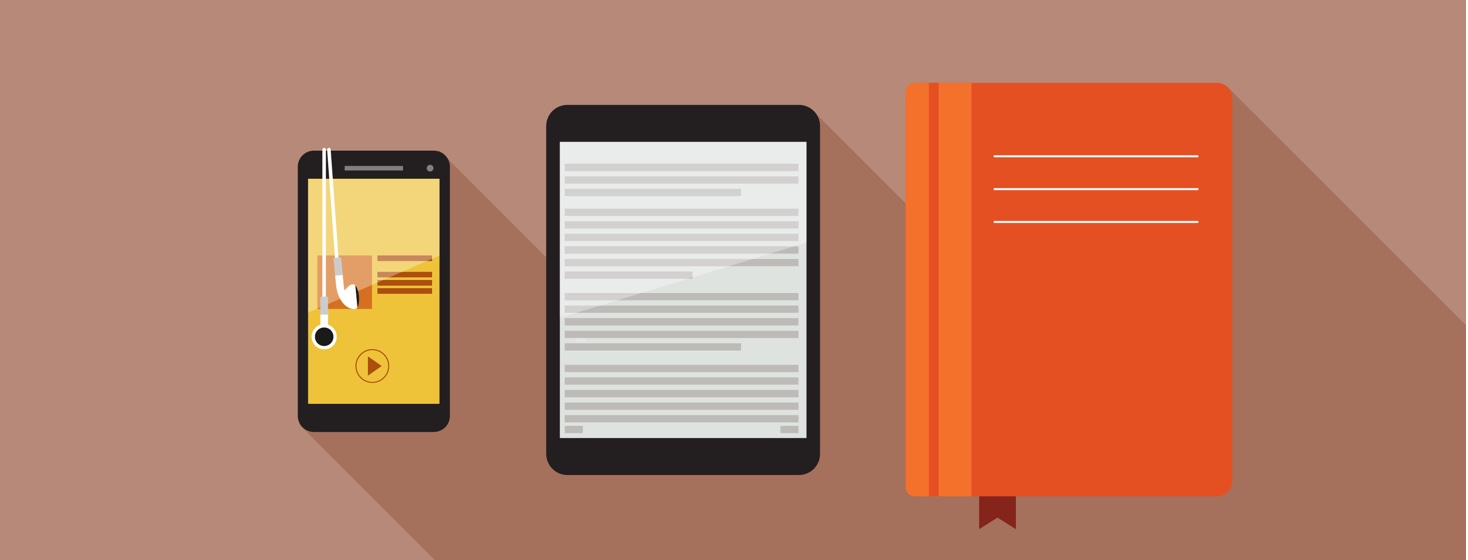Reading Resolution
As I’ve mentioned before, I dislike New Year’s resolutions. They’ve always struck me as another mental self-beating-in-the-making when I can’t live up to them. But I’ve been thinking about it, and maybe this year I’ll make an exception. I’m resolving to read more.
You know that almost heart-rending reluctance to put a great book down? How you can’t wait to pick it up again? How about when you spend an entire evening—or an entire weekend—reading? I miss these things!
Getting lost in books
Because really, there’s just nothing like falling into the page. I’ve always thought that phrase describes exactly the special magic that happens when you forget entirely that you’re reading and instead, you become part of the story itself. I’ve spent some of the best times of my life trekking alongside Frodo and his friends during their Middle Earth adventures, courtesy of J.R.R. Tolkien; laughing (and crying) in the world of Fred Gipson’s Old Yeller; and being scared out of my wits with the Torrance family at Stephen King’s ominously ghost-ridden Overlook Hotel. I can still see those topiary animals coming to malicious life in the corner of Jack’s eye.
Now, it’s not that I don’t read much these days—I do. But because I do most of it online, for work or because I’m an insatiable political news-freak, the only time I “read” fiction is for an hour or so before bed. I put quotation marks around the word “read” because what I’m really talking about is “listening.” I almost always listen to an audio book before I go to sleep at night.
RA means its difficult to hold the books
Rheumatoid disease has made it nearly impossible for me to hold a cardboard/paper/ink (does “analog” work here?) book open for more than a couple of minutes. It simply causes my hands to hurt too much. Listening to audio books over the last several years has kept my old love for reading alive.
But audiobooks do have their drawbacks. For me, the person reading the story must “fit” it. If the fit isn’t right, that person’s voice prevents me from making that sublime drop into the page. Or, because I can’t skim the first several pages of the book before I purchase it, I don’t find out until I listen that the book is full of wooden dialogue or mind-numbingly purple prose.
E-books
I also read e-books. This is much easier on my hands than a real book, but this technology, too, has its drawbacks for me. I have a hard time staying focused on a screen, as opposed to a page. Again, I find it hard to make that imaginary shift from the here-and-now into the different here-and-now of the world inside the book. And because I don’t see and read the cover of the book each time I pick it up, I tend to forget its title—and maybe even the name of the author. As a writer, I can’t help but think that both are sins. How can I recommend the book to a friend if I can’t recall its title or who wrote it? How can I do proper homage to the author?
Still, both audiobooks and e-books are much better than not reading at all. So, I’m resolved. I’m going to carve out another two or three hours a week just for reading. I’m resolved to staying with my e-books until the end. Maybe I’ll write the title and author down before I start so I have record. Unlike reading the news on the internet, I’ll keep reading my book, rather than flitting from one story to the next. I’ll stop expecting instant gratification and give the book time to develop its story, to build its world. It’ll take some practice, but I can do it.
Here’s the other reason I want to read more. Reading a good book is a tried-and-true form of alternative pain therapy for me. Reading—and living for a while in some other world—distracts me from the near-constant joint pain my RD causes, whether it’s in my hands, my knees, or my elbows. I can read when I’m fatigued or otherwise not feeling at the top of my game.
And I’m always anxious to pick a good book up again, unlike other forms of alternative pain therapy, like exercise, paraffin baths, or eating right. Those are good in their own ways, but as far as I’m concerned, they’ll never take the place of a good story, told well.

Join the conversation